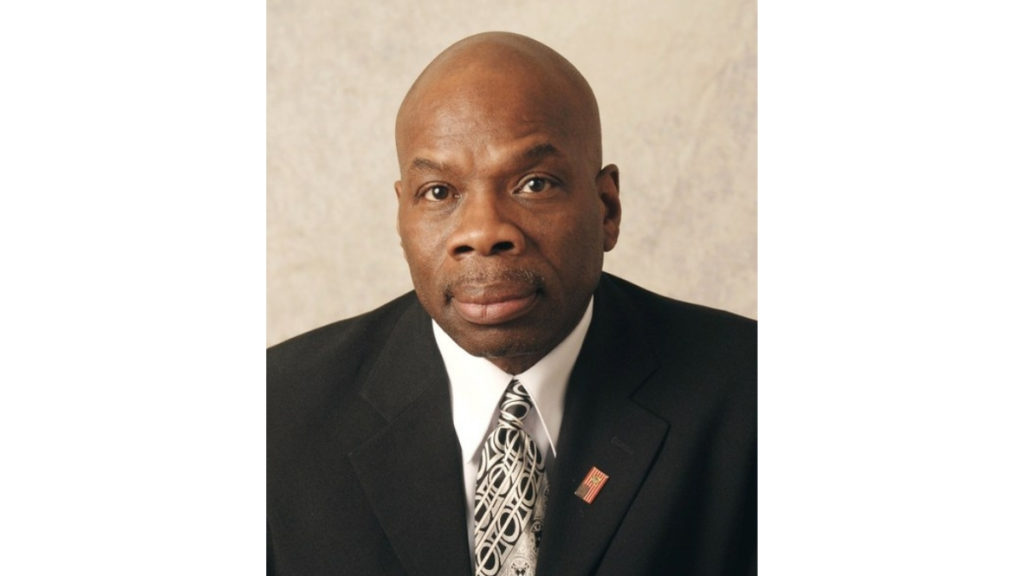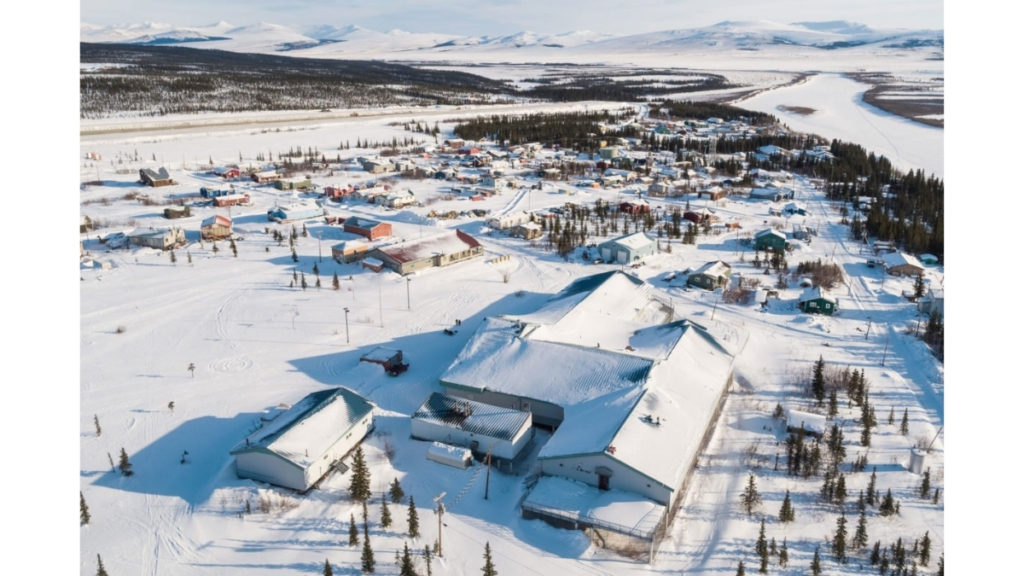Chicago coming together to help McDonald’s reconcile it racial problems

![]()
Chicago coming together to help McDonald’s reconcile it racial problems (Chicago, IL) – On Feb. 22nd, many gathered in front of McDonald’s Chicago headquarters to call attention to patterns of racial discrimination that have unfortunately become baked into the company’s DNA.
The mood at the gathering was conciliatory, not confrontational. Black employees, current and former franchisees, concerned citizens and aging community organizers like me appealed to the fast-food company to take a pause on profits and spend a little more time thinking about how it treats its Black stakeholders.
The McDonald’s racial discrimination lawsuits are stacking up like firewood. I take no glee in seeing a long-time Windy City icon lose its reputational equity with the Black community, but the company needs to act quickly to own up to its past racial sins.
I have been called the “Urban Translator.” The nickname goes back decades, but one thing I cannot translate – or comprehend – is the indifference McDonald’s has shown toward its Black partners.
Today McDonald’s is facing a tsunami of lawsuits, but the two most damaging are the ones from Black former and current franchisees, the men and women who operated – but never own – the restaurants Americans visit billions of times a year.
In September, 52 Black ex-franchisees (now 77) alleged the company dumped them into ghetto locations where low sales, skyrocketing rent and security costs guaranteed failure. Each and every one of the former franchisees claim their professional lives were crushed by a company that treated Whites one way, Blacks another.
The lawsuit was filed almost six months ago, but McDonald’s has said next to nothing about what it did wrong or how it plans to fix the situation. McDonald’s silence is deafening and sends a message to every remaining Black franchisee, employee and customer.
McDonald’s spares no expense in polishing its image as an advocate for Black talent. It is relentless in marketing its products to millions of Black customers. The dirty secret is Black owners were forced into the worst areas while White franchisees were given safe, lucrative locations where they could print money.
Who really believes that Black franchisees wanted to take over inner-city stores where drug deals, theft, gang violence and, sometimes, murder are regularly on the menu?
The truth appears to be simple: They had no choice.
Reading the lawsuits is troubling and if the allegations are proven, McDonald’s has a lot of explaining to do. It alleges Blacks automatically were assigned locations where they were forced to pay hundreds of thousands of dollars out of their own savings for security to protect employees, customers and property.
They were given misleading data to sway location decisions and when they finally took over a store, many of them were in complete disrepair and in need of modernization. Adding insult to injury, they were on the hook for the renovation costs. Perhaps most troubling is that Black franchisees were regularly given poor internal reviews that later could be used as justification for terminating franchise contracts.
In 1998, there was an all-time high of 377 Black franchisees. Today only 186 remain standing. At the same time, McDonald’s stores have risen from just over 15,000 to 36,000.
McDonald’s has always had a tense relationship with Blacks. It took a boycott in the late 1960s for the first Black franchise to open its doors. In 1970, the Black McDonald’s Operators Association (BMOA) was formed to bring to bring the Black McDonald’s Operators together to address their concerns. In 1996, Tom Dentice, White Executive Vice President McDonald’s, is quoted in the lawsuit admitting the “company has placed many Black Franchisees in restaurants that have not allowed them to achieve the same level of economic success as their peers.” In 1998, 18 Black McDonald’s Operators thought they brought parity into the McDonald’s Franchise system.
Perhaps feeling the heat, the company is unveiling half-baked diversity campaigns, aligning itself with rappers and hiring more Black faces. While these gestures are nice, they do little more than make those in the C-Suite feel a little better about themselves.
If McDonald’s continues to run from its racist past and refuses to make things right for its current and former Black franchisees, then Black Americans should conclude that we’ve been hustled for generations.
Until that day comes, I’ve had my last Big Mac.
Chicago coming together to help McDonald’s reconcile it racial problems








Responses